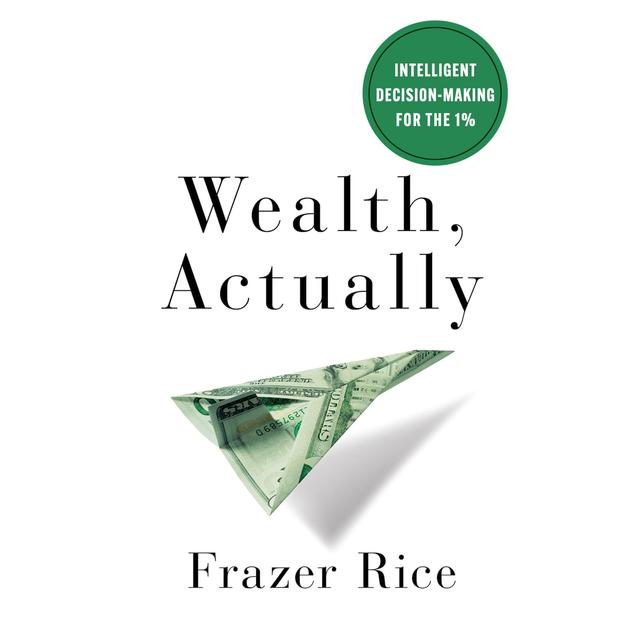
Episode description
Estate Settlement is one of the most feared parts of wealth transition. It is where trust and estate planning meet their first real test- usually when a will is put in front of the probate court system. JOEL SCHOENMEYER, Head of the Family Wealth Group at a Major Regional Bank joins us to discuss the ins and outs.
https://youtu.be/OwepMwX0uao?si=YKevHbmDrtrRv12b
What is Joel's background?
I spent the first 15+ years of my career as a trusts and estates attorney. First at a few different law firms, including Sidley Austin – back when they had a T&E group. Then as a solo practitioner for more than a decade. In 2012 I made the transition to working for financial institutions, where I have held a number of roles:
Legal department, in the trust counsel group
Senior Trust Advisor on an ultra-high net worth team
National Head of Estate Settlement
Senior Wealth Strategist in a multi-family office group
I’m now in charge of the Family Wealth group at Fifth Third, which is an offering for ultra-high net worth clients and families.
Just broadly, can you explain what happens from a legal perspective when someone dies?
Sure. First, a little terminology:
“Estate settlement” is the overall process of wrapping up a deceased person’s affairs, a job that’s usually handled by an “executor”. That settlement process can include lots of different things, but it can be broken down into a few broad topics:
Inventorying and collecting all assets;
Identifying and then paying debts and expenses, including taxes (both final income taxes and, if the estate is large enough, estate taxes); and
Distributing what remains according to the decedent’s estate plan (or if they didn’t have one, according to state law).
“Probate” can be a part of estate settlement, and involves court supervision of the above process, to make sure that it is handled correctly. I spent some of my time as an attorney drafting Wills and Trusts. However, I spent even more time in court, dealing with probate issues (including litigation).
We are going to be talking about messy estate settlement issues and how to avoid them. Why is this important?
I will say that, throughout my career, I have met clients (or potential clients) who say, “I don’t care what happens when I die – that’s someone else’s problem.” However, most people do NOT want to cause problems for their loved ones. The death of a parent or spouse or sibling is difficult enough without having to figure out where their stuff is, or what they wanted to do with it.There’s also the positive aspect. You have family and friends – and possibly charities – that you hope will thrive after your passing. Why wouldn’t you want to set things up so that they actually get your hard- earned money? Do you want to have that money go to the IRS or some probate litigators?
How should people start to think about their estate?
I break the issues to consider down into four interconnected categories:
Assets
Debts and expenses (including taxes)
Personal Relationships
Estate Plan (Will, Trust, etc.)
One thing you will notice is that your estate plan is only one category here. A lot of people think that having a Will and/or Trust in place means that they are “done” with planning for their death. That’s just not true.
So let’s start with assets in the estate settlement process. What is the big mistake people make with their assets in the context of planning for death?
The main mistake is not paying attention to how your assets are titled. This is especially the case where people have an estate plan but then also have assets with a listed beneficiary, or assets owned jointly.
For instance, I once handled an estate where the decedent’s Will gave away her interest in a home – but the decedent already owned the home in joint tenancy with her sister! As a result, the gift under her Will was ineffective (but the situation created a lot of litigation as well as conflict)...
For the best experience, listen in Metacast app for iOS or Android
Open in Metacast